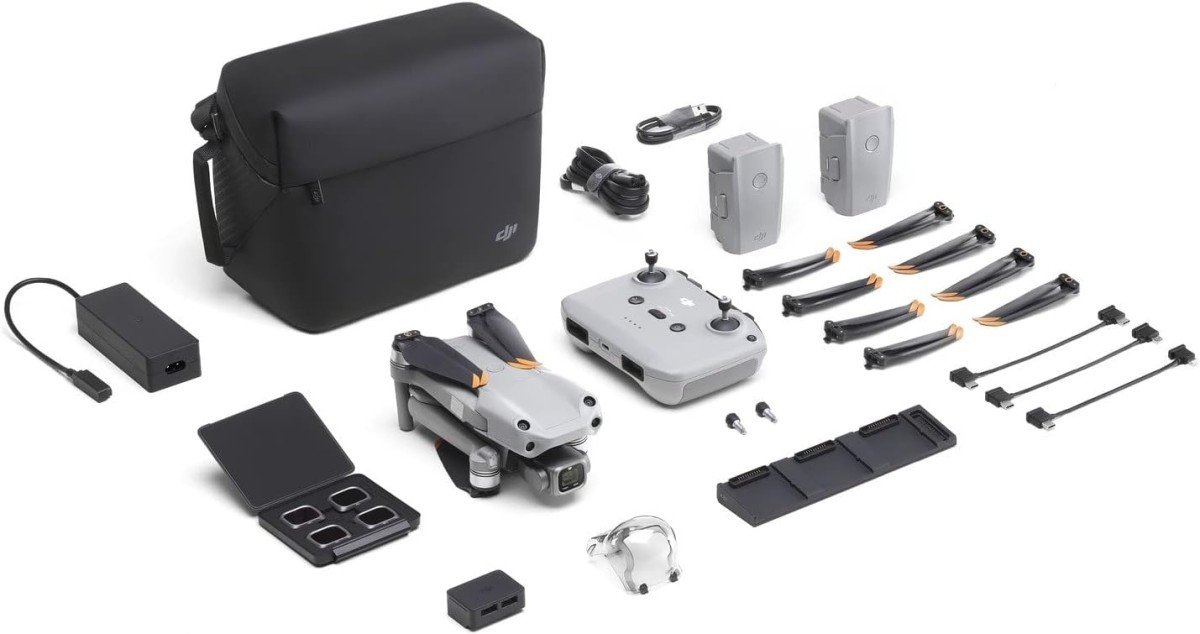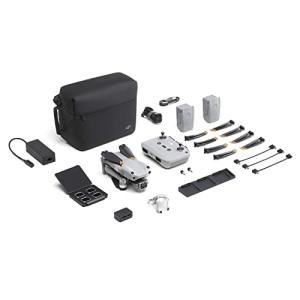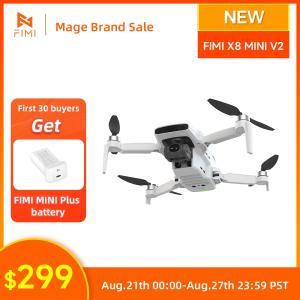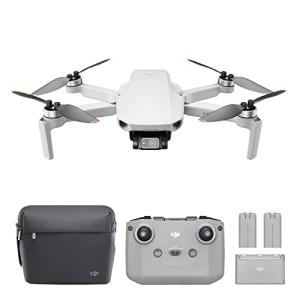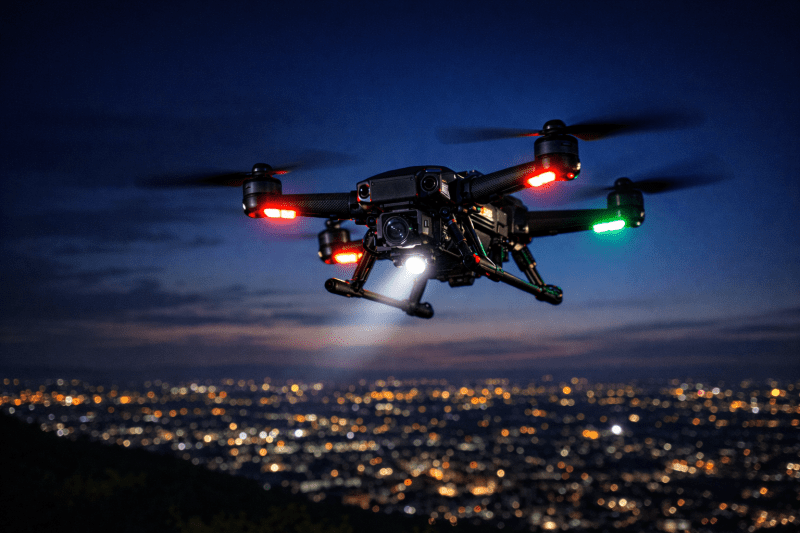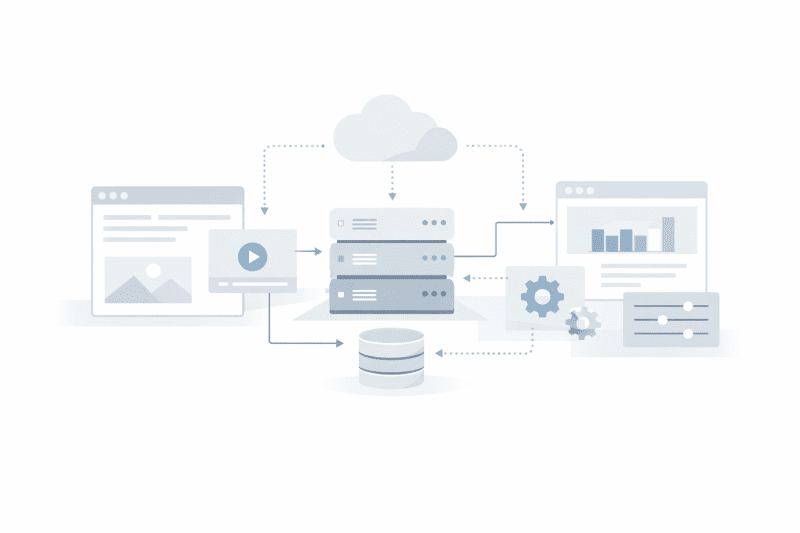The Rise of Professional Drones: How They are Revolutionizing Industries
The use of drones is expanding beyond the realm of hobbyists and enthusiasts to professionals in various industries such as agriculture, construction, and transportation. With the advancement of technology, drones have become more reliable, durable, and easier to use, making them an ideal tool for many professionals.
Agriculture
Drones are being used in agriculture to help farmers monitor crops, identify problem areas, and evaluate the effectiveness of treatments. They can capture aerial images that provide valuable data about plant health, moisture levels, and nutrient deficiencies. This data can be used to optimize irrigation, fertilizer application, and pest management.
Construction
In construction, drones are used for surveying, site inspections, and monitoring progress. They can create 3D models of construction sites, allowing architects and engineers to see the project from every angle. Drones can also help identify potential safety hazards and prevent accidents.
Transportation
Drones are being tested for package delivery and transportation in many parts of the world. They offer a faster and more efficient alternative to traditional transportation methods. Drones can deliver packages to remote or hard-to-reach areas, reducing the need for ground transportation.
Military and Law Enforcement
The military and law enforcement agencies have been using drones for years to gather intelligence and assist in operations. Drones can provide real-time surveillance, reducing the risk of human casualties. They can also be used to monitor traffic and identify criminal activity.
Conclusion
The use of drones in various industries has revolutionized the way professionals gather data, monitor progress, and perform tasks. With the continued advancement of technology, drones will continue to play an important role in many fields, improving efficiency, accuracy, and safety.
How to Choose the Right Professional Drone for Your Business Needs
Professional drones have become increasingly popular in a range of industries, from construction to agriculture. However, with so many models available, it can be overwhelming to choose the right drone for your business needs. In this section, we’ll provide some tips to help you make an informed decision.
Determine Your Business Needs
The first step in choosing the right professional drone is to determine what your business needs are. What tasks will your drone be performing? Will you be using it for aerial photography and videography, surveying land, or delivering goods? Understanding your specific needs will help ensure that you select a drone that is capable of performing the necessary tasks.
Consider Your Budget and Operating Costs
Professional drones can range from a few hundred to tens of thousands of dollars. It’s important to have a clear understanding of your budget and operating costs before purchasing a drone. In addition to the initial cost of the drone, you’ll also need to consider ongoing expenses such as battery replacements, maintenance, and insurance.
Look for User-Friendly Features
The ease of use is an important factor to consider when choosing a professional drone, especially if you’re new to drone technology. Look for features such as GPS positioning, return-to-home function, and obstacle avoidance to make piloting the drone easier and safer.
Assess Flight Time and Range
The flight time and range are important factors to consider when choosing a professional drone. Flight time refers to the amount of time a drone can fly before requiring a battery replacement, while range refers to the maximum distance the drone can travel from the operator. Make sure to choose a drone with a flight time and range that is sufficient for your business needs.
Check for Compliance with Regulations
Before purchasing a professional drone, it’s important to check for compliance with regulations in your country or region. Different areas have different regulations regarding drone usage, and it’s important to ensure that your drone meets the necessary requirements.
By considering these factors, you can make an informed decision when choosing the right professional drone for your business needs.
The Ups and Downs of Using Professional Drones for Commercial Purposes.
Professional drones have revolutionized the way businesses across various industries approach aerial photography, videography, mapping, surveying, and inspection. They can capture high-quality footage and images from angles that were once impossible or too costly to achieve, providing businesses with a competitive edge. However, like any technology, professional drones also come with their ups and downs. Below are some key points to consider before investing in professional drones for commercial purposes.
Ups
Cost-Effective
One of the significant advantages of professional drones is their cost-effectiveness. With professional drones, businesses can access aerial visuals at a fraction of the cost of traditional aerial photography methods. This is particularly beneficial for small and medium-sized businesses that may not have the resources to invest in expensive equipment or hire an entire team of experts to maintain them.
Time-Saving
Aerial drones also save time, reducing the time required to carry out inspections, mapping, and surveying. With professional drones, businesses can quickly gather high-quality data and make informed decisions about their operations. Drones can also be programmed to fly a pre-planned route or pattern, further reducing the time required to gather data.
Increased Safety
Professional drones also help increase safety, particularly in high-risk industries such as construction and oil and gas. Drones can be used to perform inspections and data collection in hard-to-reach or dangerous areas, reducing the risk of injury or death to human inspectors.
Downs
Regulatory Compliance
The use of professional drones for commercial purposes is subject to various regulations, and businesses must comply with them to avoid penalties or legal action. The regulations on drones can vary from country to country or state to state, and businesses must be aware of the regulations governing their operations.
Technical Challenges
Professional drones require technical expertise to operate, maintain, and repair. This means that businesses must either invest in training for their employees or outsource the job to experts. Additionally, drones are susceptible to various technical issues such as battery malfunction, signal interference, and weather, affecting their performance.
Privacy Concerns
The use of professional drones for commercial purposes can also raise privacy concerns from individuals and communities. Businesses must ensure that they have appropriate policies and procedures in place to address privacy concerns and comply with data protection laws.
Overall, professional drones have many benefits for businesses, including cost-effectiveness, time-saving, and increased safety. However, businesses must also be aware of and address the downsides of using professional drones, including regulatory compliance, technical challenges, and privacy concerns.
DJI Air 2S Fly More Combo Drone with Gimbal
Experience breathtaking aerial photography and seamless flight capabilities with the ultimate all-in-one drone package
Product information
€1,128.84
Product Review Score
4.51 out of 5 stars
57 reviewsProduct links
